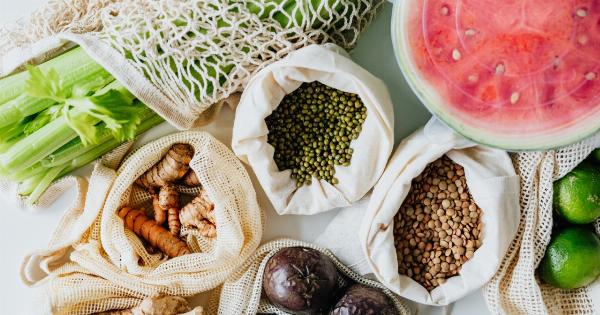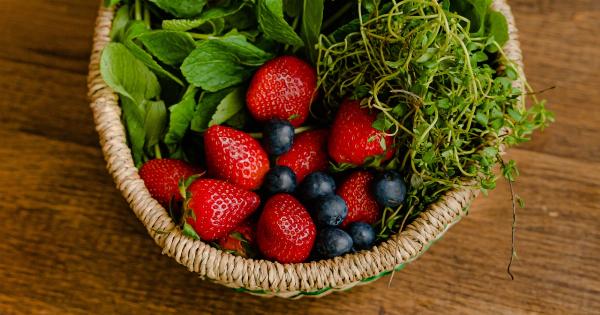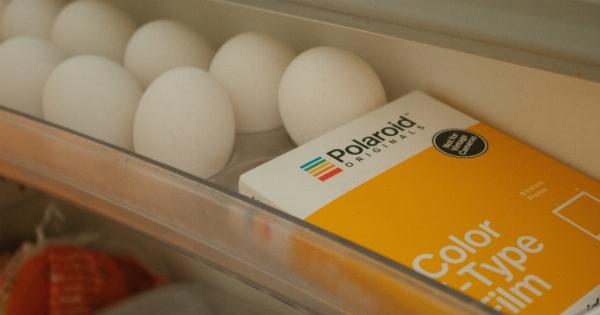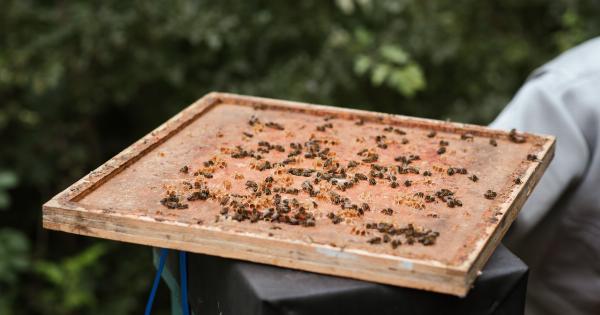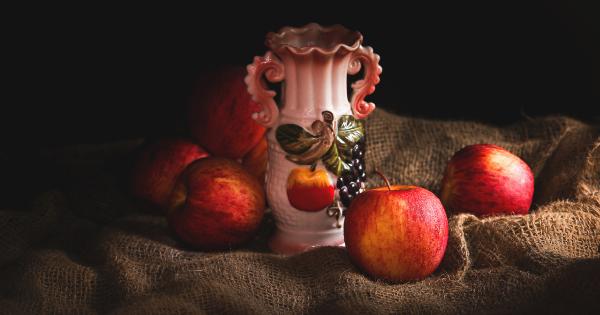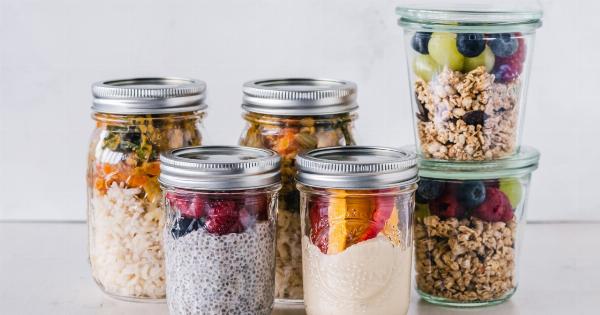Refrigeration plays a pivotal role in preserving the freshness and extending the shelf life of various food items. However, not all foods benefit from being stored in the chilly confines of your refrigerator.
In fact, some common foods can suffer adverse effects when exposed to this cold environment.
The Harmful Effects of Refrigeration
While refrigeration can be beneficial for many foods, it can also cause detrimental changes to others. Low temperatures can alter the taste, texture, and even quality of certain foods.
Additionally, the moisture levels inside a refrigerator can have negative effects on the freshness and longevity of specific food items.
1. Tomatoes
Tomatoes, with their vibrant colors and juicy flesh, are staples in many kitchens. However, refrigerating tomatoes can be a grave mistake. The cold temperature hampers their flavor and texture, making them dull and mealy.
To preserve the taste and freshness of tomatoes, store them at room temperature, away from direct sunlight, until they reach optimal ripeness.
2. Basil
Basil, a versatile herb with a distinctive aroma, is commonly used in various culinary creations. Placing fresh basil in the refrigerator causes it to blacken and lose its flavor rapidly.
Rather than refrigerating basil, treat it like a bouquet of flowers. Trim the stems, place them in a glass of water at room temperature, and cover the leaves with a plastic bag. This method allows basil to stay fresh for a longer time.
3. Avocado
Avocado, known for its creamy texture and healthy fats, is a trendy ingredient in salads, spreads, and even desserts. However, refrigerating unripe avocados significantly slows down their ripening process.
To ensure an optimal texture and taste, store avocados at room temperature until they are ripe enough for consumption. Once ripe, you can move them to the refrigerator to prolong their freshness for a few more days.
4. Banana
Bananas, the go-to fruit for sportspersons and snack enthusiasts, often sit on kitchen countertops or fruit bowls rather than inside refrigerators. Cold temperatures turn the skin brown and unpleasant, while the inside remains unaffected.
If you prefer your bananas ripe and ready to eat, keep them on your countertop. If they become too ripe, you can refrigerate them for a few days to prevent them from becoming overly soft.
5. Onion and Garlic
Onions and garlic are pantry essentials known for their pungent flavors and culinary versatility. However, refrigerating them causes them to soften, lose their characteristic taste, and even develop mold.
Instead of the refrigerator, store onions and garlic in a cool, dry place, preferably in a well-ventilated container, away from direct sunlight. This method ensures they remain fresh and flavorful for an extended period.
6. Bread and Coffee
Bread and coffee are breakfast staples in many households. However, refrigerating these items poses more harm than good. Bread stored in the refrigerator becomes stale quicker, losing its softness and becoming dry.
Coffee beans, when exposed to the moisture inside a refrigerator, absorb unpleasant odors and flavors from the surrounding items. For the best coffee and bread experience, keep them at room temperature in airtight containers.
Conclusion
While refrigeration is essential for preserving the freshness and extending the shelf life of numerous foods, certain items should never find their way into your refrigerator.
Tomatoes, basil, avocados, bananas, onions, garlic, bread, and coffee all suffer detrimental effects from refrigeration. By avoiding these common mistakes, you can maintain the taste, texture, and overall quality of your food items, ensuring an enjoyable culinary experience every time.





